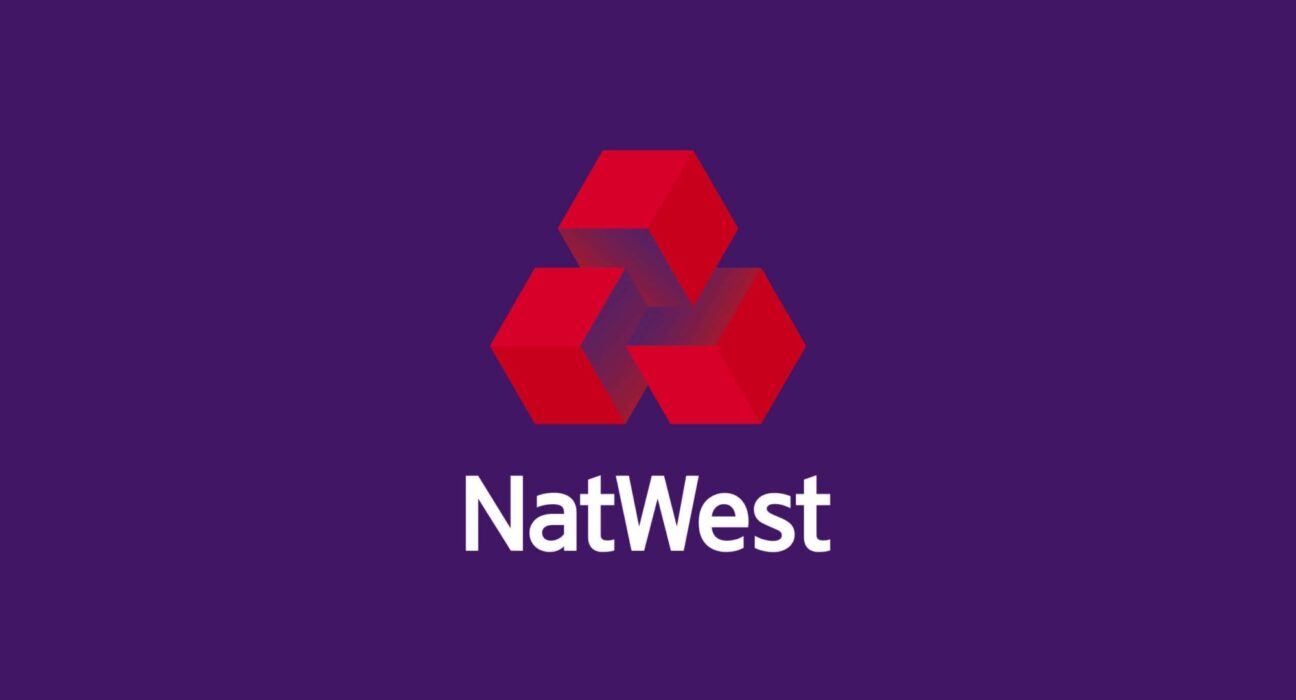Several major UK banks, including NatWest, Santander, and Barclays, have taken a stand against cryptocurrency exchange Binance, citing concerns about fraud and consumer protection. This comes after the Financial Conduct Authority (FCA) warned in June 2021 that Binance was operating in the UK without proper licensing.
NatWest Restricts Crypto Transactions
NatWest has joined its counterparts in limiting or outright blocking transactions to Binance. The bank previously imposed daily spending limits on crypto exchanges and has now escalated its measures.
Key Measures:
- Blocking Payments: NatWest has blocked credit and debit card transactions to Binance “until further notice.”
- Focus on High-Risk Firms: The bank stated it is restricting transactions to a small number of crypto companies deemed to pose “exceptionally high levels of risk.”
Some NatWest customers reported receiving SMS notifications informing them of the decision.
FCA Warning Against Binance
The FCA’s warning in June that Binance was operating without authorization in the UK has prompted increased scrutiny of the exchange. The regulator has expressed concerns about Binance’s compliance with anti-money laundering (AML) laws and the risks posed to investors.
Impact on Consumers:
The restrictions aim to protect customers from:
- Investment Scams: The FCA has highlighted the rise in crypto-related scams targeting retail investors.
- Fraudulent Activities: Banks are concerned about the use of cryptocurrencies for illicit activities.
Starling Bank CEO Warns of Crypto Risks
Anne Boden, CEO of digital banking pioneer Starling Bank, echoed concerns about the cryptocurrency industry’s risks during a call with reporters.
“The industry as a whole must really be alert to the dangers of people using bitcoin and cryptocurrencies to process fraudulent payments,” Boden said.
She further described some cryptocurrency exchanges as “quite dangerous,” emphasizing the need for vigilance to protect consumers.
Growing Crackdown on Crypto in the UK
The UK’s banking restrictions are part of a broader regulatory crackdown on cryptocurrency. Key developments include:
- Binance Under Fire: Binance has faced increasing regulatory pressure worldwide, with similar actions taken by authorities in Japan, Germany, and the United States.
- Banking Restrictions: Major UK banks, including NatWest, Santander, and Barclays, have implemented measures to limit or block crypto transactions.
- Consumer Protection: The FCA has warned about the risks associated with crypto investments, urging caution among retail investors.
Implications for the Crypto Industry
The growing restrictions on Binance and other crypto exchanges highlight the challenges facing the industry in gaining regulatory approval and building trust among traditional financial institutions.
Challenges Ahead:
- Compliance with Regulations: Exchanges must enhance their AML and fraud prevention measures to meet regulatory requirements.
- Investor Confidence: Restrictive measures could dampen retail interest in cryptocurrencies, impacting market adoption.
- Global Coordination: Binance and similar platforms face increasing scrutiny from regulators across multiple jurisdictions.
Conclusion
The decision by NatWest and other UK banks to block transactions to Binance underscores the heightened concerns about the risks associated with cryptocurrency exchanges. As regulators and financial institutions tighten controls, the crypto industry must adapt to ensure compliance and build consumer trust.
For more updates on cryptocurrency regulations and industry trends, explore our latest news articles, where we cover the most significant developments shaping the future of digital assets.
Disclaimer: The information provided is not trading advice, Bitcoinworld.co.in holds no liability for any investments made based on the information provided on this page. We strongly recommend independent research and/or consultation with a qualified professional before making any investment decisions.




